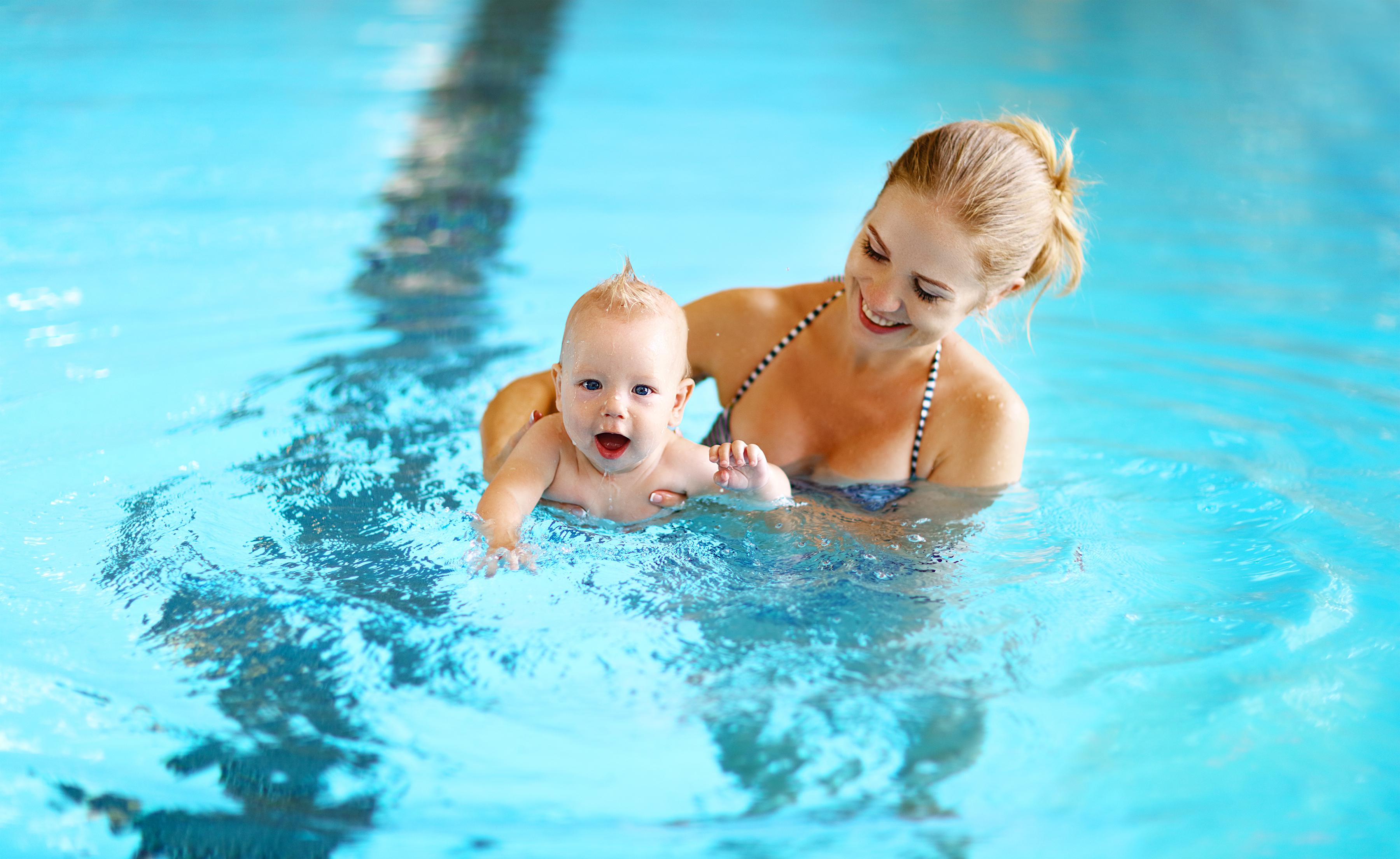What is the golden rule in swimming?
Never swim alone. Always make sure someone watches you when you swim. Adults should learn to swim, and children should start swimming lessons at six months.
Closely supervise children. It takes just a moment for a child to slip below the surface. Drowning is the second leading cause of accidental death among children. Children swimming in lakes and rivers should wear life jackets.
Talk with your kids about all aspects of water safety. Nearly 70% of childhood drownings happen when kids aren't swimming; they may wander over to a neighbor's yard, slip through an unlocked back door during playtime, or tumble into a kiddie pool filled with rainwater. Tell your children to not go in or near the water without a grown-up, just like you don't cross the street without a grown-up. You should regularly reinforce this message the way you do all other household rules.
When everybody's watching, nobody's watching. That's why safety organizations urge parents and caregivers to take turns being on official "water-watching duty" in group swimming situations. You can be the one to get a rotation started. Wear a "water-watching duty" tag, then pass it to the next parent on duty. Keep one in your bag and use it when you're meeting friends at the pool or beach, even when there's a lifeguard on duty.
It's also important to know what a child in distress looks like. Kids drown silently and quickly, often when they are vertical in the water with their heads tipped back. A child rarely splashes or yells for help. It's important to intervene when a kid maybe even slightly in trouble so he doesn't get to the point of drowning.
One safety measure adhered to by Endless Discoveries Child Development Center in Saginaw, Texas, and Endless Discoveries - Glen Rose is that all of our summer camp children must wear this year's summer camp T-shirt on all field trips, even in pools, so they can be readily identified by our staff.
It's critically important to put away your phone so you can give your child your undivided attention. Silence your phone and put it in your bag so you're not distracted. No email or text is more important than the safety of your child.
A child can drown in less than two inches of water. Even small wading pools require constant supervision and should be drained and out of reach when they are not being used. Large inflatable pools hold thousands of gallons of water that can't be easily drained, so they should be surrounded with a fence, covered when not in use, and steps removed when swim time is over.
Inside your home, make sure buckets are emptied and toilets have locks. Always stay with your child during bath time. Any body of water demands serious attention, whether it's on your property, your neighbor's or a friend's.
Follow these safety rules, and have a wonderful summer!
#poolsafety #swimming #childsafety #safetytips #drowningprevention
